Cardi B. is going to be the feature of Harper's Bazaar's 2019 spring fashion issue.
Ahead of the issue's release, the magazine has released the shots of Cardi in fairy tale roles.
The interview itself has the rapper living anything but a fairy tale. She talks about the pressures of becoming one of the biggest music stars very quickly and the controversy surrounding her relationship with husband Offset.
Cardi also opened up about going through postpartum depression. After the birth of her daughter in July, a doctor explained the possibility of the disorder, which has been on the rise in recent years.
She told Bazaar:
"I thought I was going to avoid it. ..I was like, 'Well, I'm going good right now, I don't think that's going to happen."
"But out of nowhere, the world was heavy on my shoulders."
Postpartum depression can appear anytime in the first year after birth, but usually a week to a month after. Despite the misconception, depression doesn't just mean being sad.
The mood disorder causes anxiety, spontaneous crying episodes, appetite, blood pressure, low energy and affects your sleeping patterns.
It affects your ability to live, work and take care of your children and it's important we talk about it.
Cardi said:
"There's an energy I haven't gotten back yet that I had before I was pregnant. It's just the weirdest thing,"
The star said she hasn't hired professional help as she doesn't feel she can trust anyone outside her family.
However, she's very dedicated to looking after herself and her daughter.
"Before, I cared about everything — relationship, gossip. Now I don't feel like I have the time to please people.
"I don't care about anything anymore — just my career and my kid."
While the Harper's Bazaar piece sees her talking about her own rags to riches life, photos show Cardi as fairy tale princesses such as Cinderella.
Cardi isn't the only celeb who's been open about her experience with postpartum depression.
As the disorder is recognized and properly diagnosed in more and more people, other women come forward with their stories. Their hope is to destigmatize the disease.
Hayden Panettiere discussed her struggles on Live! With Kelly and Michael back in 2015. She sought treatment from a mental health professional shortly after.
Chrissy Teigen explained her own struggles after the birth of her daughter.
"What basically everyone around me — but me— knew up until December was this: I have postpartum depression.
"How can I feel this way when everything is so great?"
Sarah Michelle Gellar kept silent on her own struggles with it after she had a child until an Instagram post in 2017.
People are very grateful for women in the public spotlight using their fame to bring attention to this issue.
Postpartum depression affects 1 in 7 women.
Signs of postpartum can include severe mood swings, guilt and shame and lack of clarity to make decisions. It often causes issues bonding with the baby, fatigue, and social withdrawal.

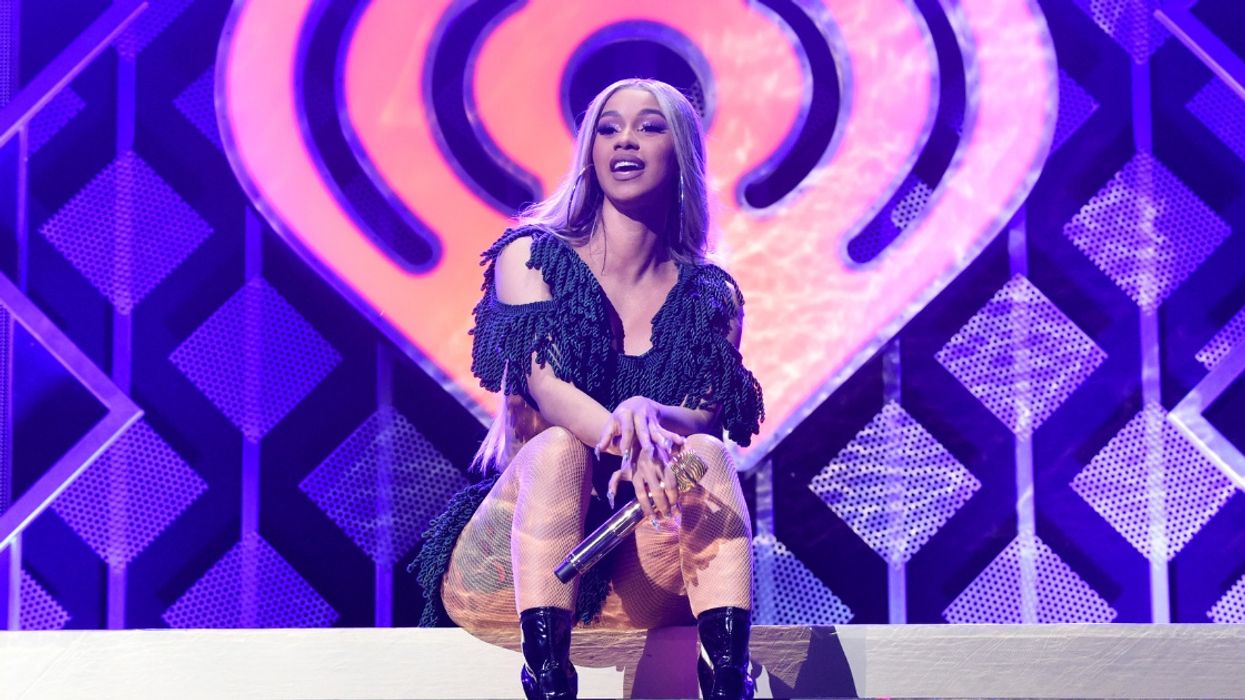

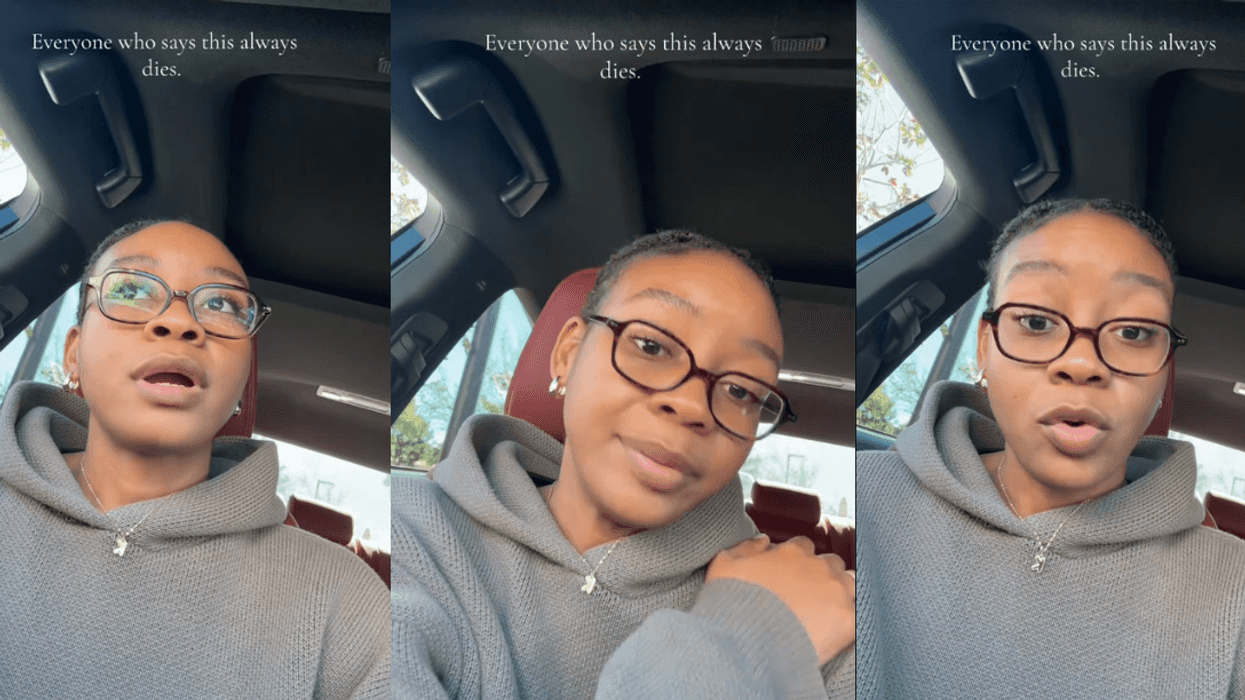
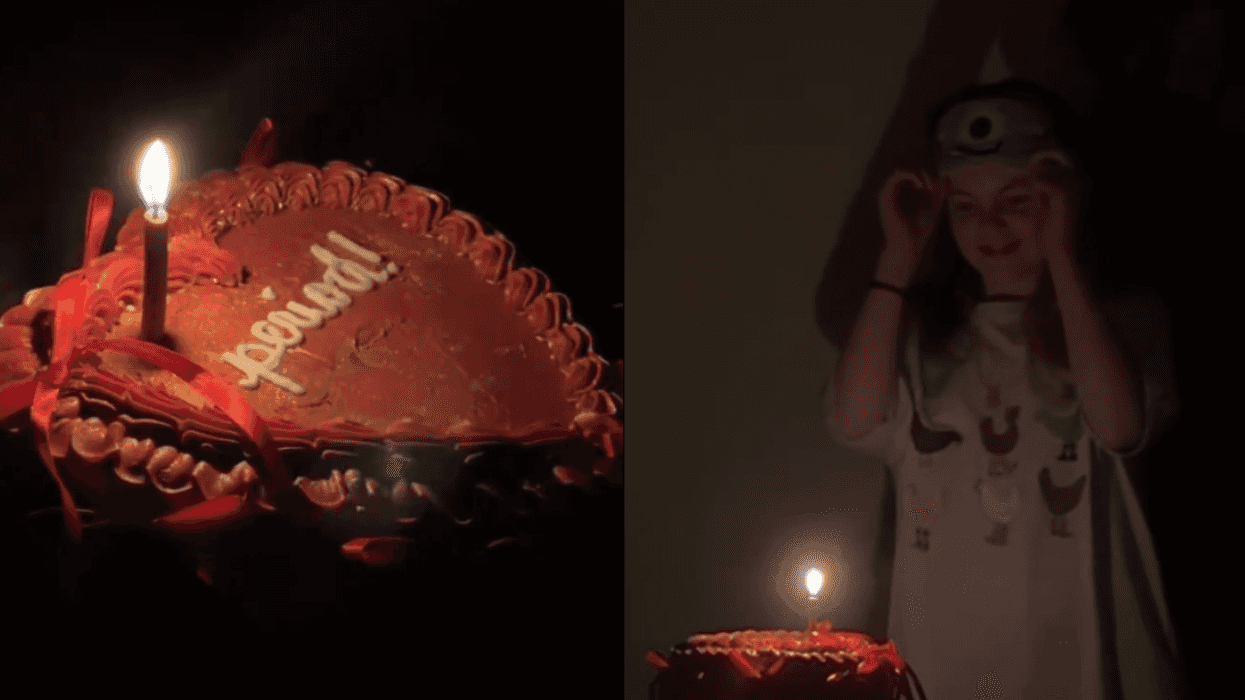








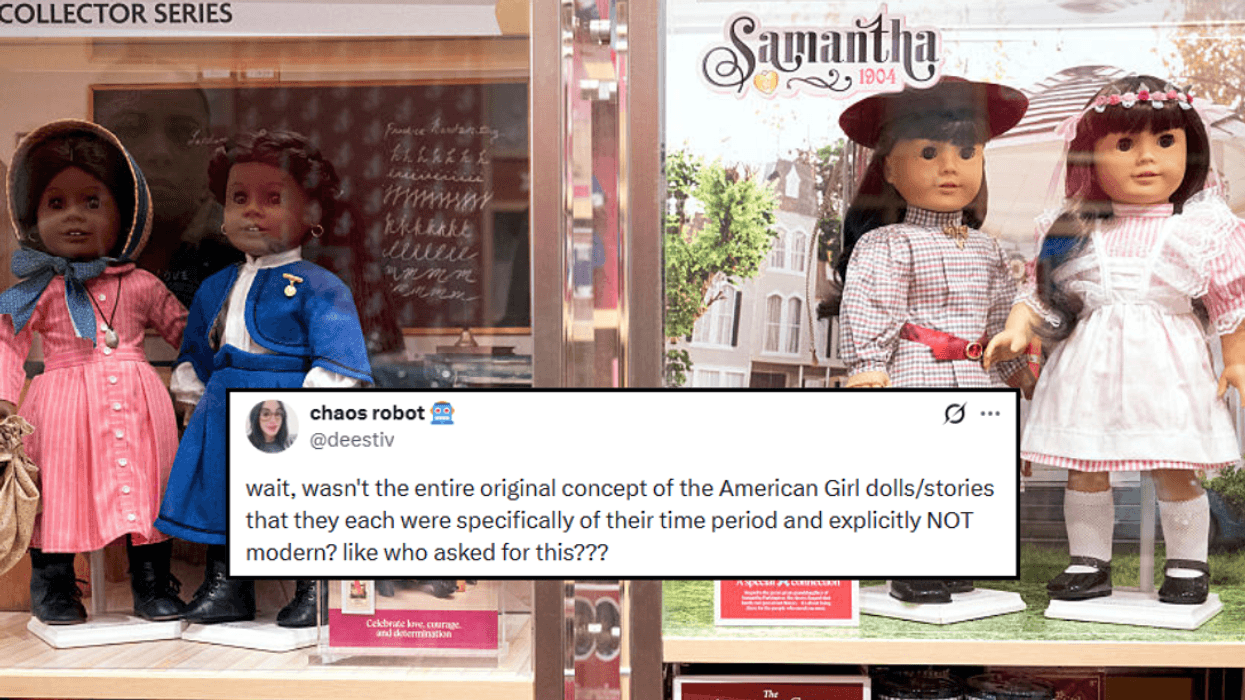
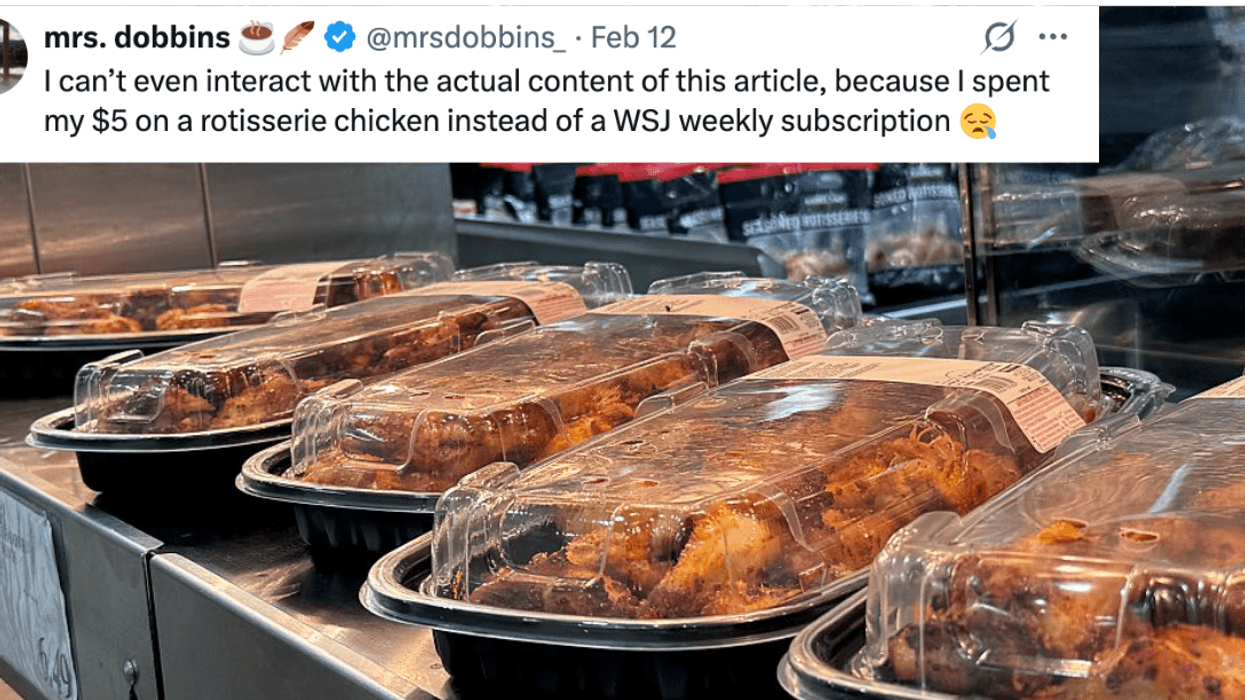
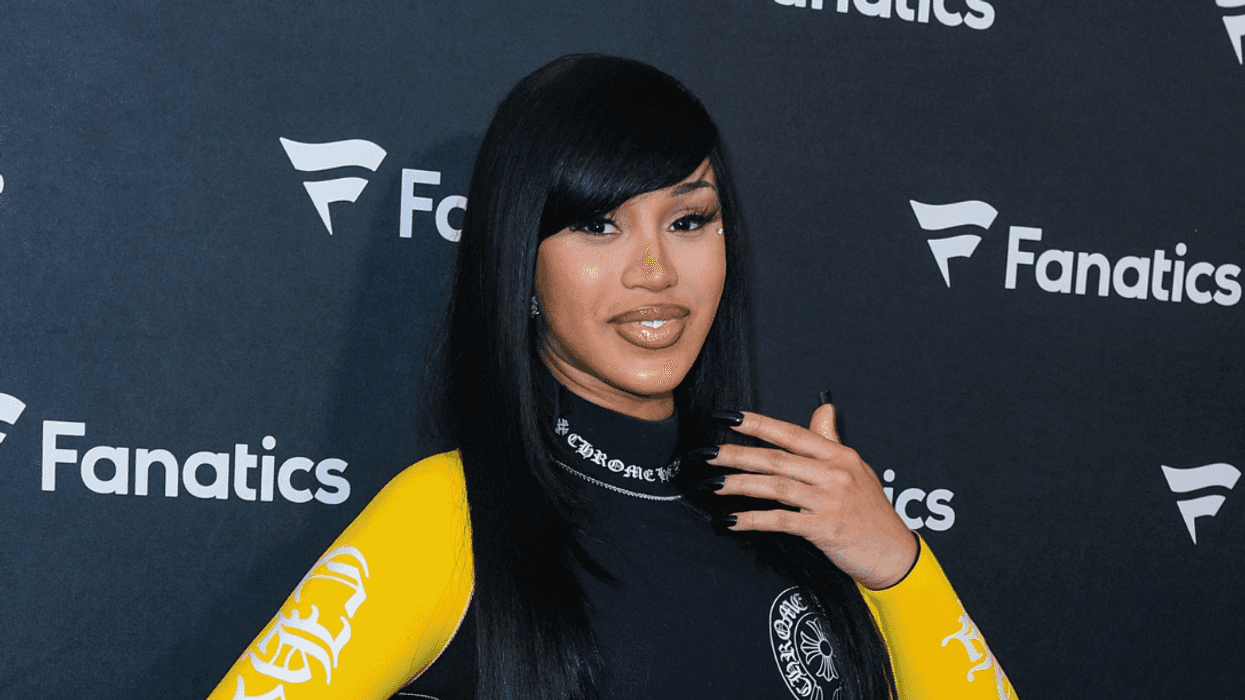
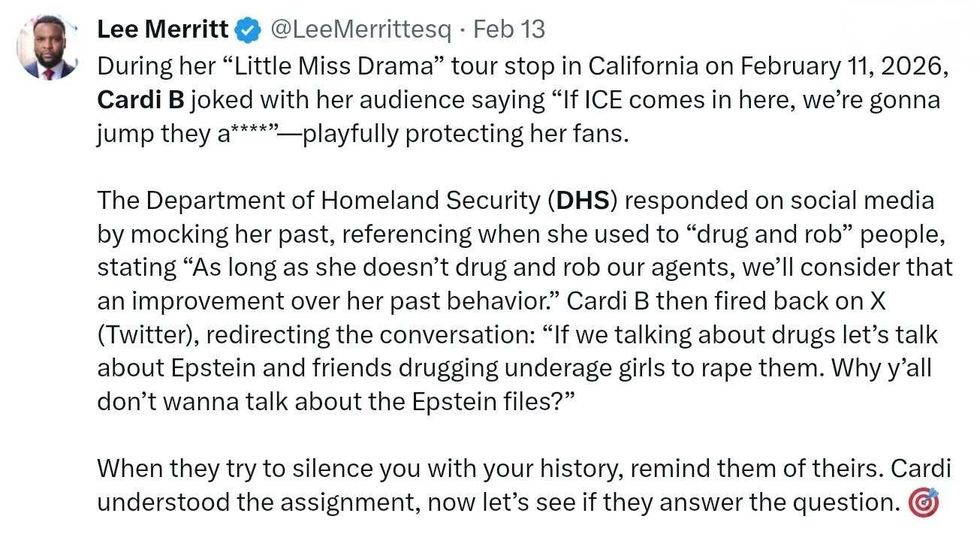 @LeeMerrittesq/X
@LeeMerrittesq/X @bob_moss/X
@bob_moss/X @jelanijones/Bluesky
@jelanijones/Bluesky @Aurkayne/X
@Aurkayne/X @sadcommunistdog; @froglok/Bluesky
@sadcommunistdog; @froglok/Bluesky